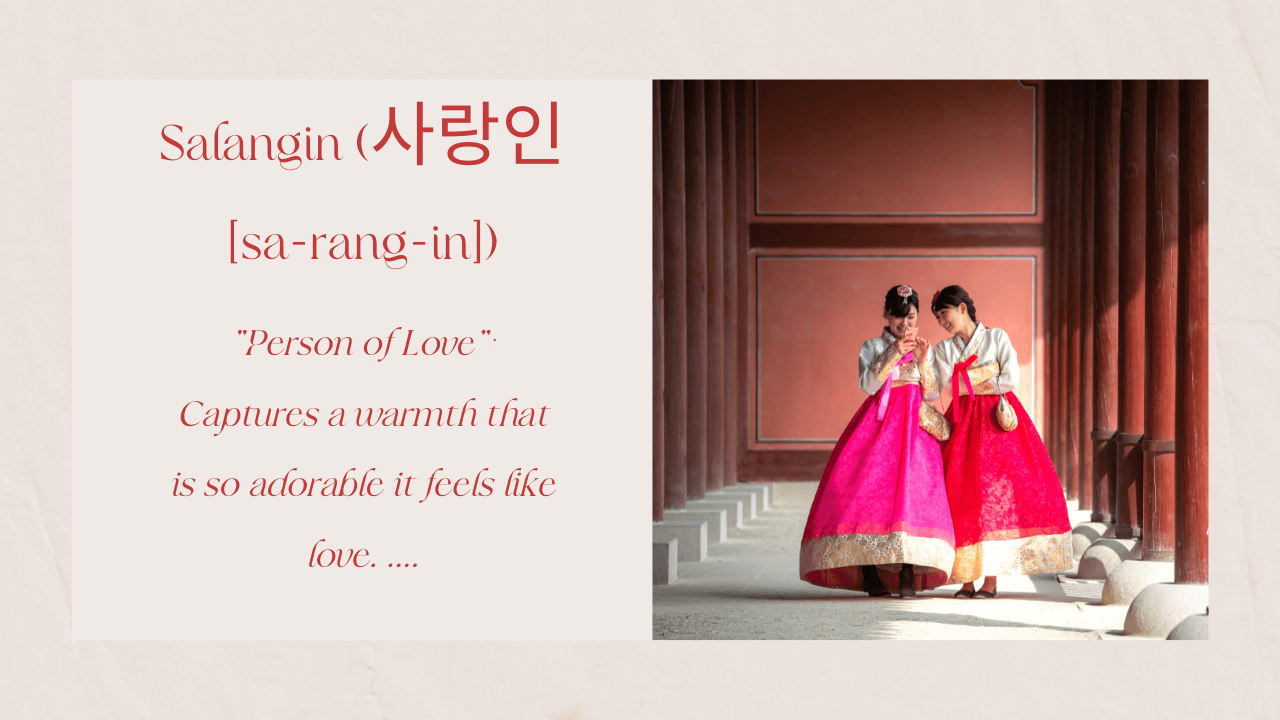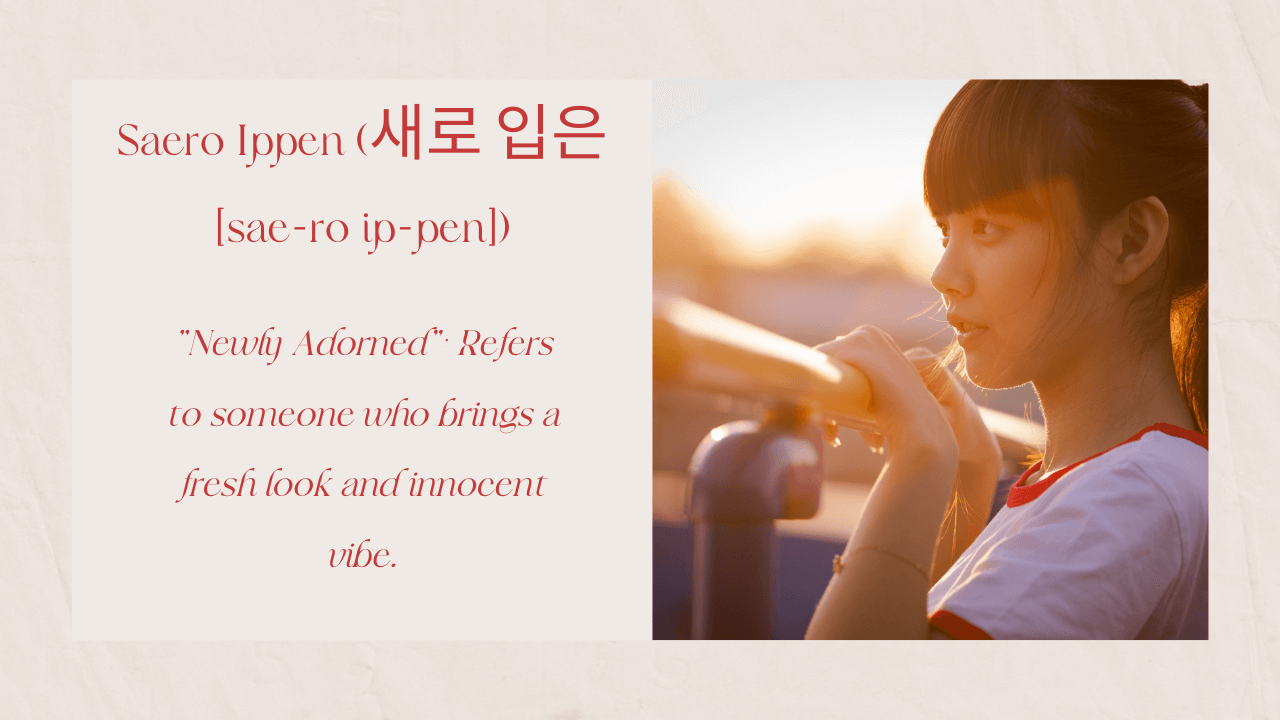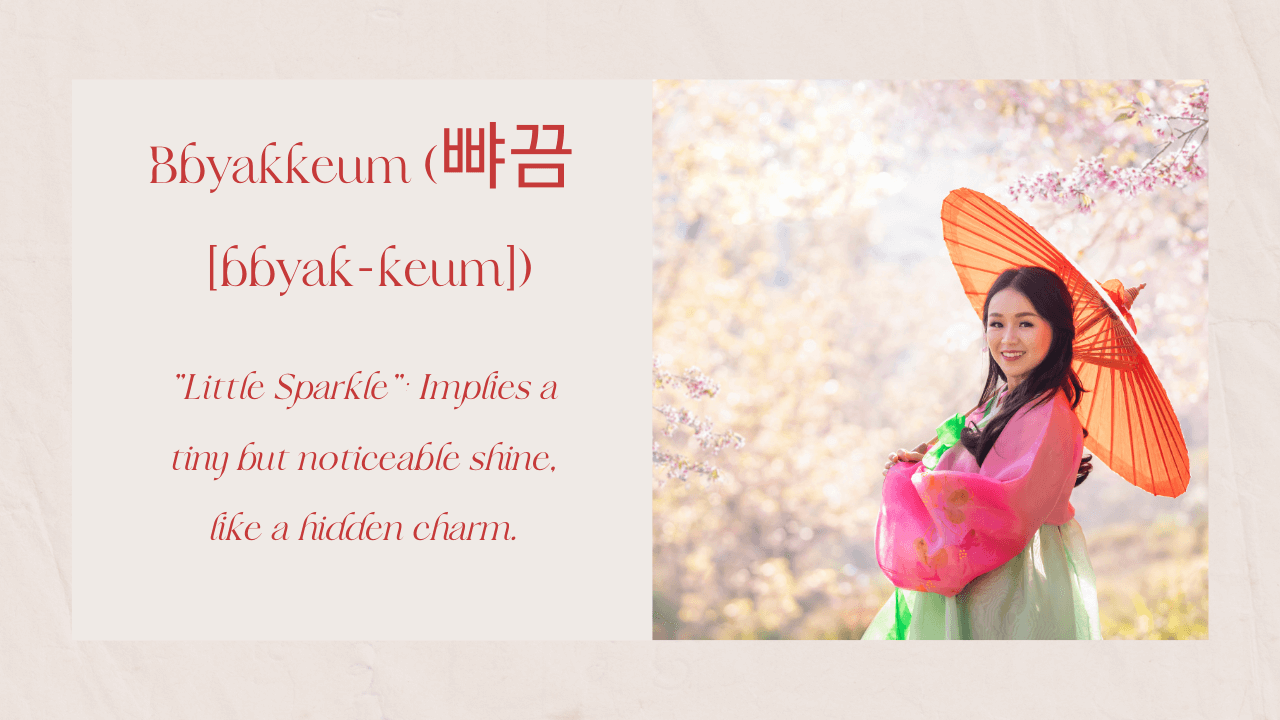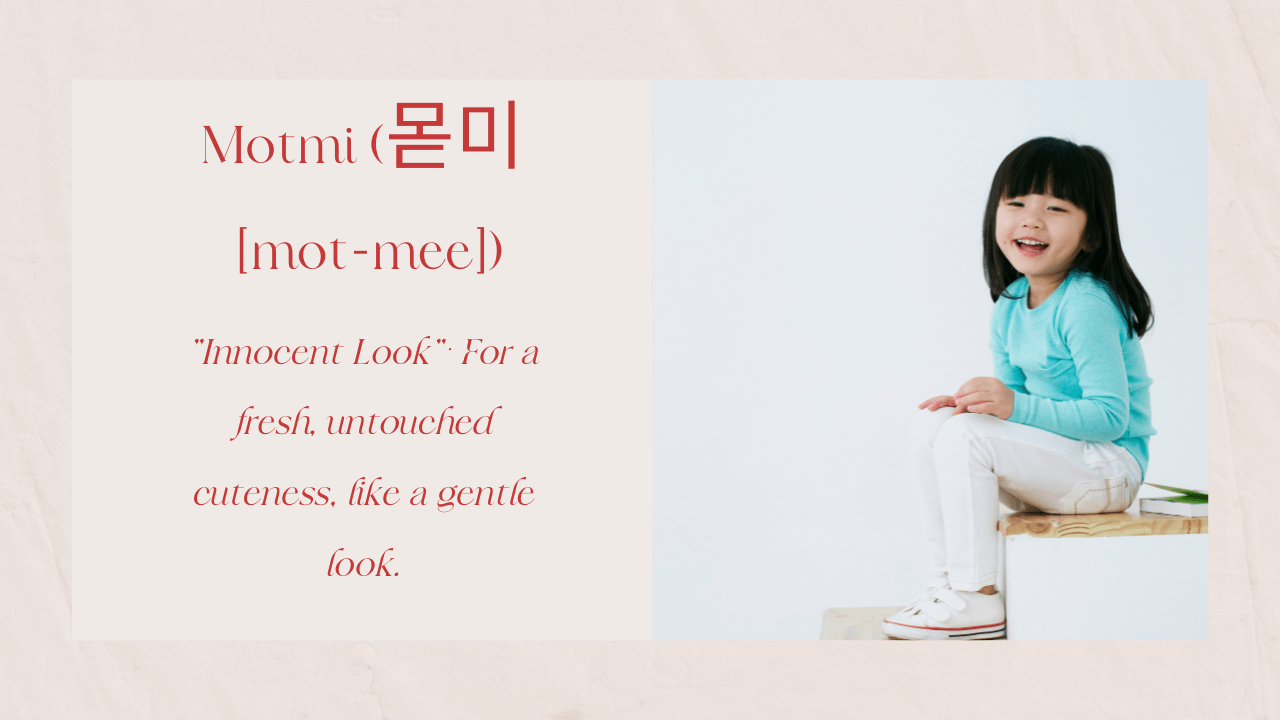In Korean, there are many ways to say ‘cute,’ and they change depending on whether you’re talking formally or informally. This shows how important it is to respect social ranks and adapt your speech in different settings. We’ll look at over 35+ different expressions for ‘cute’ in Korean. Understanding these can help you figure out when to use each one, depending on who you’re talking to. This guide will make your Korean more flexible and help you grasp the deeper meanings behind each phrase. Let’s dive into how these expressions vary and why it matters.
Formal Ways to Say “Cute” in Korean
In casual settings, people often say 귀여워 (gwiyeowo) to mean ‘cute.’ But in formal situations, it’s better to say 귀엽습니다 (gwiyeopseumnida). You’ll hear this at work, during formal talks, or in official writings. It’s important to use this form to show respect, especially to older people or bosses. It helps keep the conversation polite and respectful.
- Gwiyeom (귀염, [gwi-yeom]) – “Innocent Charm”: Refers to a pure, innocent cuteness that’s endearing.
- Dalkomhan Insaeng (달콤한 인생, [dal-kom-han in-saeng]) – “Sweet Life”: Describes someone who brings sweetness and joy, like a cute presence in life.
- Areumdaun Choeum (아름다운 처음, [a-reum-da-oon cho-eum]) – “Beautiful Beginning”: Implies a fresh, gentle charm, like the start of something beautiful.
- Salangin (사랑인, [sa-rang-in]) – “Person of Love”: Captures a warmth that is so adorable it feels like love.

- Byeolcheoreom (별처럼, [byeol-cheo-reom]) – “Like a Star”: Symbolizes someone with a twinkling, radiant charm that shines.
- Areumhan Sonyeo (아름한 소녀, [a-reum-han so-nyeo]) – “Beautiful Young One”: Refers to a pure and youthful beauty that’s charmingly innocent.
- Saeroun Bom (새로운 봄, [sae-ro-oon bom]) – “New Spring”: Suggests a lively and refreshing cuteness, like the first blooms of spring.
- Cheonsal Gateun (천살 같은, [cheon-sal ga-teun]) – “Angel-like”: Implies an angelic cuteness, soft and serene.
- Bichnan Insaeng (빛난 인생, [bit-nan in-saeng]) – “Shining Life”: Describes a presence that brings light and charm to those around.
- Daechanghan Haneul (대창한 하늘, [dae-chang-han ha-neul]) – “Grand Sky”: Symbolizes an expansive, quiet beauty, like a peaceful sky.
- Seumgilgat (숨길 같, [seum-gil-gat]) – “Hidden Charm”: For someone whose cuteness is subtle and understated yet captivating.
- Mulgogi (물고기, [mul-go-gi]) – “Like a Fish”: Describes a refreshing, natural cuteness, like watching fish swim calmly.
- Onnuri (온누리, [on-nu-ri]) – “Whole World”: Describes someone so cute they make the world feel fuller and brighter.
- Hanbeonjjeum (한번쯤, [han-beon-jjeum]) – “Once in a Lifetime”: Implies a rare and unique charm, as if they’re one-of-a-kind.
- Sugeumseo (수금서, [su-geum-seo]) – “Golden Silence”: A soft and reserved cuteness that speaks through presence, not words.
- Saero Ippen (새로 입은, [sae-ro ip-pen]) – “Newly Adorned”: Refers to someone who brings a fresh look and innocent vibe.

- Mudeun Sowon (무든 소원, [mu-deun so-won]) – “Unspoken Wish”: Describes a cute and gentle charm that feels like a heartfelt wish.
- Nolyeokcham (노력참, [no-ryeok-cham]) – “Earnest Spirit”: Refers to someone whose dedication adds an adorable quality to their being.
- Pyeonghwasal (평화살, [pyeong-hwa-sal]) – “Peaceful Beauty”: Implies a calm, gentle cuteness, like the serenity of peace.
- Nunmul Gateun (눈물 같은, [nun-mul ga-teun]) – “Tear-like”: A delicate, soft charm, like a beautiful tear that’s graceful and moving.
- Sarangman Gamgin (사랑만 감긴, [sa-rang-man gam-gin]) – “Love Wrapped”: Describes a warmth so adorable it feels wrapped in affection.
- Mugungjiin (무궁지인, [mu-gung-ji-in]) – “Everlasting Person”: Refers to someone with a timeless, enduring charm that stays in memory.
Also Read: How To Say “Hello” In Korean: 27 Unique Korean Greetings
Informal Ways to Say “Cute” in Korean
When you’re chatting with friends or just hanging out, you can say ‘cute’ in Korean by using the word 귀여워 (gwiyeowo). It comes from 귀엽다 (gwiyeopda).
Use it when you see a cute pet or like someone’s outfit. It makes the conversation friendly and warm.
- Aegyo (애교, [ae-gyo]) – “Playful Charm”: Describes a sweet, playful personality that’s irresistible.
- Bbyakkeum (뺘끔, [bbyak-keum]) – “Little Sparkle”: Implies a tiny but noticeable shine, like a hidden charm.

- Dalkomhae (달콤해, [dal-kom-hae]) – “Sweetness Overload”: Indicates a cuteness that’s as sweet as candy.
- Jomnyangi (좀냥이, [jom-nyang-ee]) – “Little Cat”: Refers to someone as cute as a little cat with charm and mischief.
- Kkomadeul (꼬마들, [kko-ma-deul]) – “Little Ones”: Used affectionately for adorable small things or people.
- Ssukseom (쑥섬, [ssuk-som]) – “Shy Charm”: For someone who is cute in a quiet, shy way.
- Ddangddang (땅땅, [ddang-ddang]) – “Little Firecracker”: Describes a small, lively personality with lots of energy.
- Toktokhae (톡톡해, [tok-tok-hae]) – “Bubbly”: Implies an energetic, bubbly charm that’s hard to miss.
- Kkwitkko (뀨꼬, [kyu-kko]) – “Cuddly and Cute”: Refers to someone as snug and adorable, like a little bundle.
- Myeongi (멍이, [myung-ee]) – “Adorable Pup”: For someone cute in a soft, puppy-like way.
- Bamtong (밤통, [bam-tong]) – “Chestnut Ball”: Implies a round, small cuteness, like a little round chestnut.
- Pingppong (핑뽕, [ping-ppong]) – “Playful Popping”: Implies a cute, playful personality that pops with energy.
- Gureum-i (구름이, [gu-reum-ee]) – “Little Cloud”: Soft and airy cuteness, like a tiny floating cloud.
- Ddoongdoongi (뚱둥이, [d-doong-doong-ee]) – “Chunky Cutie”: For someone who’s adorably chubby or cuddly.
- Yanggi (양기, [yang-gi]) – “Young Spirit”: Cute like the innocence and joy of youth.
- Jjeobgo (쩝고, [jjeob-go]) – “Sticky Cute”: Describes cuteness that sticks with you, hard to forget.
- Neukkimi (느낌이, [neuk-ki-mee]) – “Feels Cute”: Expresses that someone just gives off cute vibes naturally.
- Motmi (몯미, [mot-mee]) – “Innocent Look”: For a fresh, untouched cuteness, like a gentle look.

- Nunki (눈키, [nun-ki]) – “Eye Sparkle”: A sparkly-eyed charm that captures the heart.
- Kkokgimi (꼬김이, [kkok-gi-mee]) – “Tiny Delight”: Describes something small yet full of adorable delight.
- Jjiritjjirit (찌릿찌릿, [jji-rit-jji-rit]) – “Heart Zing”: A playful word for someone who makes the heart skip a beat.
- Ppalgit (빨긋, [ppal-git]) – “Blushing Red”: Implies a shy, blushing cuteness, like someone who’s a little embarrassed.
Also Read: How To Say “Happy Birthday” In Korean: An Ultimate Guide
Conclusion
In summary, Korean has many ways to say ‘cute,’ suitable for both informal and formal situations. Knowing when to use each term helps you communicate better and fit in with different groups. It also lets you get a deeper sense of Korean culture. Since language is key to cultural exchange, using these expressions correctly can improve your interactions in Korean society. This helps build better connections and understanding among people. Keep visiting the Translation Blog for more translations.

